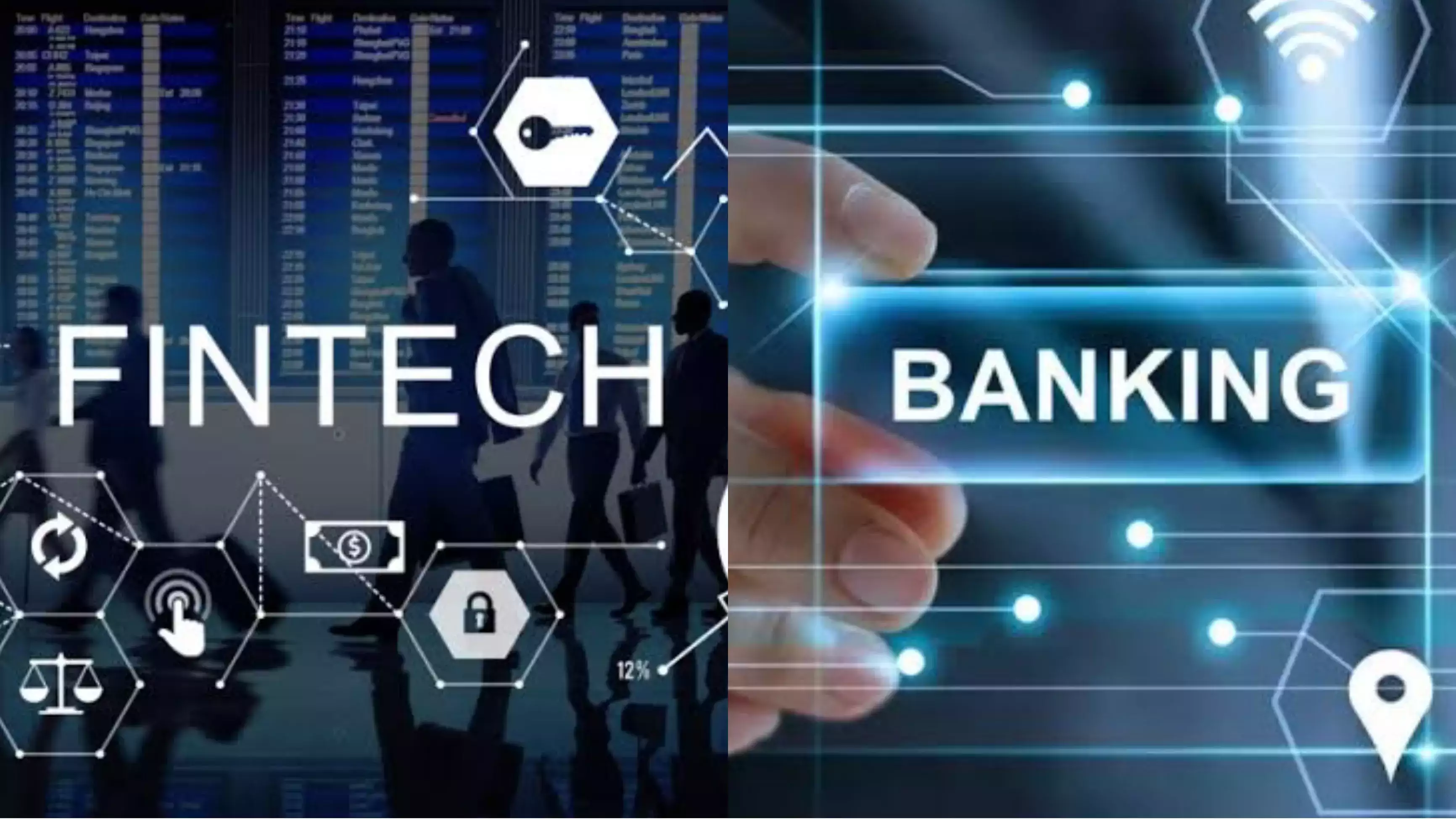Santander Announces Changes to Its Branch Network as...
- 02.02.2026 11:25 am
FICO And Tech Mahindra Partner To Accelerate AI-Driven...
- 30.01.2026 08:45 am
GFT And Ozone API Partner To Guide Canadian...
- 30.01.2026 08:25 am
Jack Henry’s Transaction Enrichment, Powered by Bud...
- 29.01.2026 07:55 am
Remara and 10x Banking Announce Strategic Partnership...
- 29.01.2026 07:45 am
Plumery and Lokalise Partner to Power Hyper-Localised...
- 28.01.2026 09:15 am
Revolut Launches Full Banking Operations in Mexico,...
- 28.01.2026 08:00 am
Revolut Launches Full Banking Operations in Mexico,...
- 28.01.2026 08:00 am
N26 Launches ‘N26 for Under 18s’, Marking the First...
- 27.01.2026 02:25 pm
Amazon Web Services Announces New Agreement with...
- 27.01.2026 12:15 pm
Avelacom Expands Access to Argentina’s Capital Markets...
- 27.01.2026 10:05 am
ebankIT Strengthens North American Expansion to...
- 26.01.2026 08:45 am






















